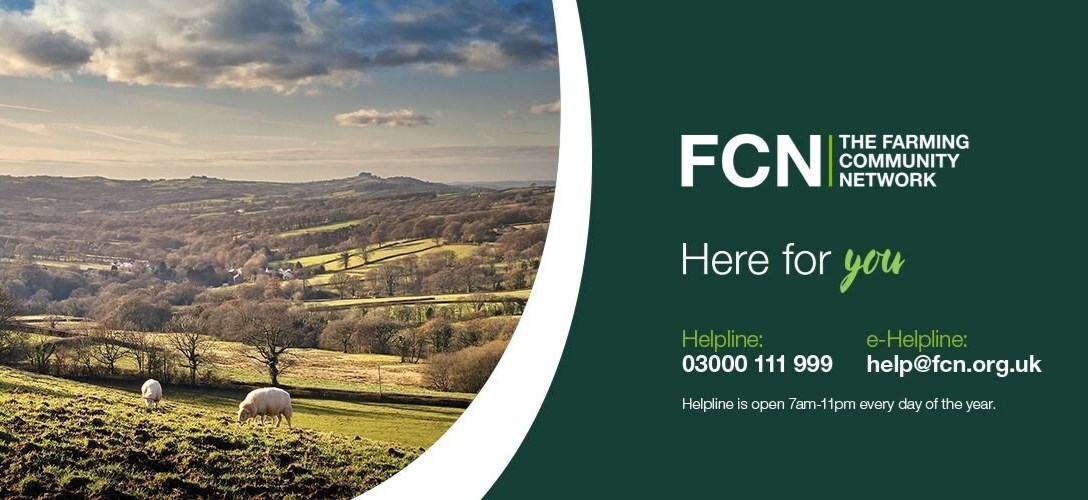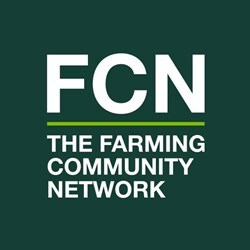The Farming Community Network (FCN) is a voluntary organisation and charity that supports farmers and families within the farming community through difficult times.
Why does FCN exist?
Farming is not just a job – it’s a way of life. It is a wonderful industry to work in, but it can also be inherently risky and volatile. Farmers are regularly forced to deal with issues on the farm that are beyond their control, such as animal disease, fluctuating market prices and the weather. Farming can also be a very isolating and lonely occupation, with farmers often spending long hours out in the field with little or no form of social interaction.
On top of their responsibilities on the farm, farm workers also deal with issues in their personal life, such as relationship breakdowns, physical health problems and bereavement.
Furthermore, with Britain having left the European Union and significant changes in domestic agricultural policy, many farmers face great uncertainty about the future of their farm business.
All of this means that farmers and farming families across the UK are highly susceptible to poor mental wellbeing, including stress, anxiety and depression.
Simply talking about your problems is often the first step towards improved mental wellbeing. But because of the stigma surrounding mental health, many within the farming community have difficulty coming forward and admitting that they need help. Farmers generally also don’t discuss their issues with a friend or relative as they don’t wish to become a burden. More often than not, they prefer to discuss their issues in confidence with someone who they have no emotional attachment to and who will treat their situation without judgment – this is where FCN can help.
What does FCN do?
We have a network of over 400 volunteers across England and Wales, many of whom are involved in farming, or have close links with agriculture, and therefore have a great understanding of the issues that farmers, farm workers and farming families regularly face. Our volunteers provide free, confidential, pastoral and practical support to anyone who seeks help, regardless of whether the issue is personal or business-related.
In addition to local groups of volunteers, FCN runs a confidential national helpline (03000 111 999) and e-helpline ([email protected]) which is open every day of the year from 7am-11pm.
Our volunteers will “walk with” anyone who seeks support and help them find a positive way through their problems.
We have helped thousands of people deal with a variety of issues, including financial difficulties, animal disease, mental health and family disputes.
How do FCN volunteers support the farming community?
FCN volunteers provide support in a number of ways. These can include support with paperwork, building relationships with bank managers, acting as family mediators and even supporting farmers through legal issues.
More often than not, farm workers just need someone who will listen to them. FCN volunteers are on hand to provide a sympathetic ear, which is why our confidential helpline is such an important asset to those who seek our help.
Approximately 40 volunteers help with the running of the FCN helpline. Cases that come through the FCN helpline are usually referred to a local FCN volunteer, who will try and organise a face-to-face meeting with the person seeking help. It is entirely up to them how much support they need or want from FCN.
We work with a variety of stakeholders critical to the successful outcome of cases. These include government bodies, agricultural organisations, other charities and healthcare services. Our volunteers provide support, facilitation and direct links to sympathetic professionals.
Through our FarmWell platform we provide the farming community with useful information around business resilience and personal wellbeing, helping farmers take a proactive approach in planning for the future, managing change and staying physically and mentally well.




